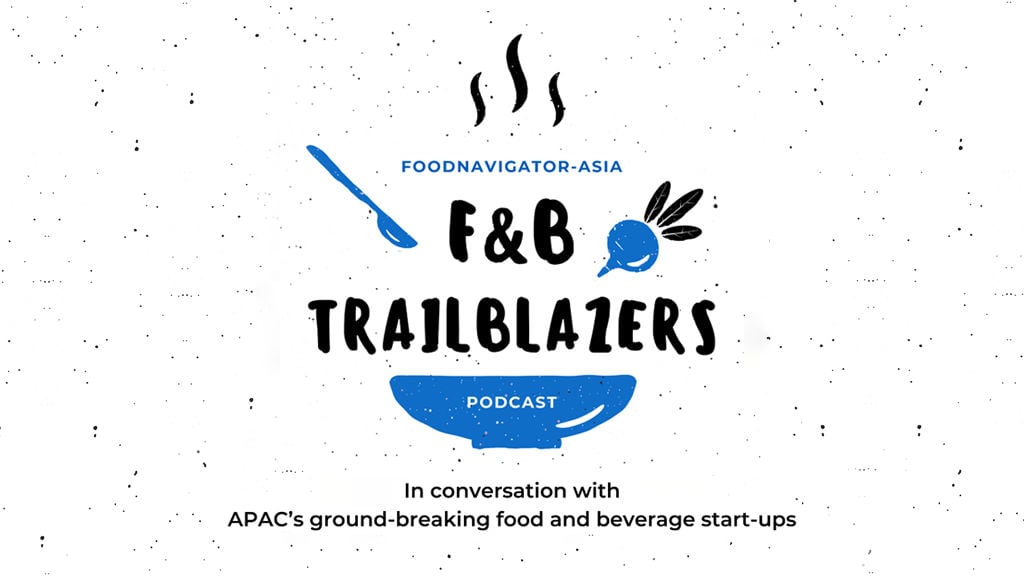The ASEAN food and beverage sector saw varying ups and downs during the height of the COVID-19 pandemic, with sectors such as alcohol taking a hit in some markets like Malaysia, and others such as snack foods and tinned goods seeing monumental growth amidst consumer stockpiling and switching to eating or cooking more at home.
As of the last quarter of 2022, sales patterns in most food and beverage categories have normalized, but industry experts remain cautious heading into 2023.
In Indonesia for example, Indonesian Food and Beverage Association (GAPMMI) Chairman Adhi Lukman has highlighted several concerns for the industry, despite the country having seen near-unprecedented growth in most product categories this year.
“Indonesia saw growth across basically all the food and beverage categories this year with the exception of palm oil, with indulgent food products taking the lead followed by beverages,” Adhi told the floor at a recent seminar discussing the ASEAN F&B Industry Outlook from 2022 to 2024.
“This further highlighted the crucial role that the food industry plays in Indonesia’s economy and economical growth, with the positive growth it showed even during the COVID-19 pandemic helping to bolster overall local trade.
“This is supposed to be very positive news for the sector, but although it is, there are several concerns overshadowing this, most prominently the fact that Indonesia has had to face many major crises in the past few years from the pandemic to the Russia-Ukraine war, all of which have had severe impacts on us as a producer country.
“The state of the global economy has resulted in rising costs which has affected Indonesia’s profit margins, not to mention various export restriction policies being implemented that have caused a lot of challenges for food trade in areas such as wheat, beef, rice and more.
“Taking wheat for example, when the war broke out in February prices skyrocketed and India banned exports which wreaked further havoc on prices – this eventually stabilized, but the concern over food insecurity rose in many markets including Indonesia, as we still have a negative trade balance despite many food exports due to a strong reliance on imports.”
Moving forward, Adhi stressed that more challenges lie ahead in meeting evolving consumer demands amidst widespread instability in the region and beyond.
“The food sector needs to make sure that food is not just available, but also affordable and well-received by consumers – no easy task amidst all the ongoing issues from geopolitics to trade wars,” he said.
“Every one of these issues has an effect on us, as let’s say if China and Taiwan argue, the raw materials from there then don’t enter Indonesia, which affects local stock and inventory, causing food insecurity.”
Concerning food price increases
Apart from Indonesia, Vietnam - another major producer market in the ASEAN region – is facing a very similar pattern of growth and concerns locally.
“Vietnam’s food and beverage sector has also been going strong and seeing growth even through the pandemic,” Ho Chi Minh City University of Food Industry (HUFI) Faculty of Food Science and Technology Dean Assoc. Professor Le Nguyen Doan Duy said at the seminar.
“In both urban cities and rural villages, products in the hybrid drinks, canned foods and pasta categories were the fastest growing, but urban consumers bought more of processed items such as instant noodles and mayonnaise whereas rural consumers were purchasing more ingredients such as sugar.
“There was a growth of over 10% for many of these categories, which did boost industry confidence – but there is no doubt that food prices are rising due to inflation, and this is very concerning to both food companies and consumers.
“Local research has shown that discretionary spending is expected to take a dip in the next two years due to these concerns – food will of course remain a priority as a basic item, but value purchases will be a great draw.
Food security is also a major focus area for Vietnam over the next few years, with the government looking to direct more resources to reduce import dependence.
“Vietnam wants to develop our domestic support for the various food industries to overcome dependence on imported materials and attain self-sufficiency in the food supply chain,” Prof Le Nguyen added.
“Locally the availability of various raw ingredients is high as a producer country, but processing capacity is still low, so this is an area that will be seeing more development moving forward.
“It has also been discussed that many local food industries are currently being dominated by global brands e.g. in the beverage sector, and the hope is that moving forward more can be done to help local brands grow and flourish.”





